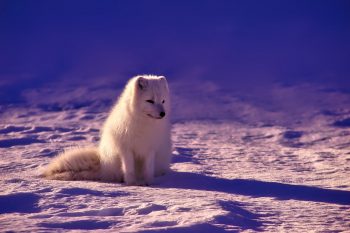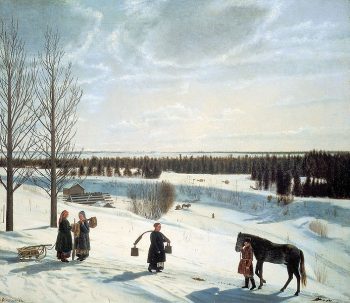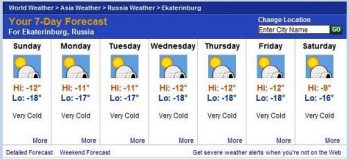Tag Archives: weather
3 Myths Most Russians Have Heard About Themselves Posted by Maria on Dec 19, 2017

There are certain things you hear a lot as a Russian traveling or visiting abroad. Of course, this list is a generalization and summarizes the experience of an average Russian. It does not reflect every person’s experience and is meant to be taken in good fun. 1. “You must be used to the cold” Russia…
5 Russian Words For Extreme Weather Posted by Maria on Jul 18, 2017

You might remember how to talk about the weather in Russian, but do you know how to talk about extreme weather? Listed below are five common extreme weather phenomena. 1. Гроза A common type of extreme weather is гроза, a thunderstorm. It is characterized by гром (thunder) and молния (lightning, countable noun). The adjective is…
There’s a chill in the air… Posted by Rob on Oct 15, 2012

Осень пришла (“fall has arrived”), at least officially, and at least for those of us на северном полушарии (“in the Northern hemisphere”). Двадцать второго сентября было равноденствие (“The 22nd of September was the equinox”). Cмотря где живёшь, ещё не очень холодно днём. (“Depending on where you live, it’s still not very cold during the day.”)…
Russian Winter Myth Exposed Posted by yelena on Jan 13, 2011

Do you like «зима» [winter]? I don’t! When my American friends hear me complain about yet another cold snap, they inevitably ask “But aren’t you from Russia, the country infamous for its long and harsh winters?” I blame Russian literature for this question (although Russian artists added to the myth with beautiful paintings such as…
В моем иглу [in my igloo], or The Weather Forecast for Next Week Posted by josefina on Dec 21, 2008

This is the weather forecast for next week in my corner (read ‘igloo’) of the planet Earth. In Russia igloo is «иглу». This is not a Russian word, even though Russia is a cold country. One knows that some words are not Russian words by the way they’re written. If a word ends on an…


